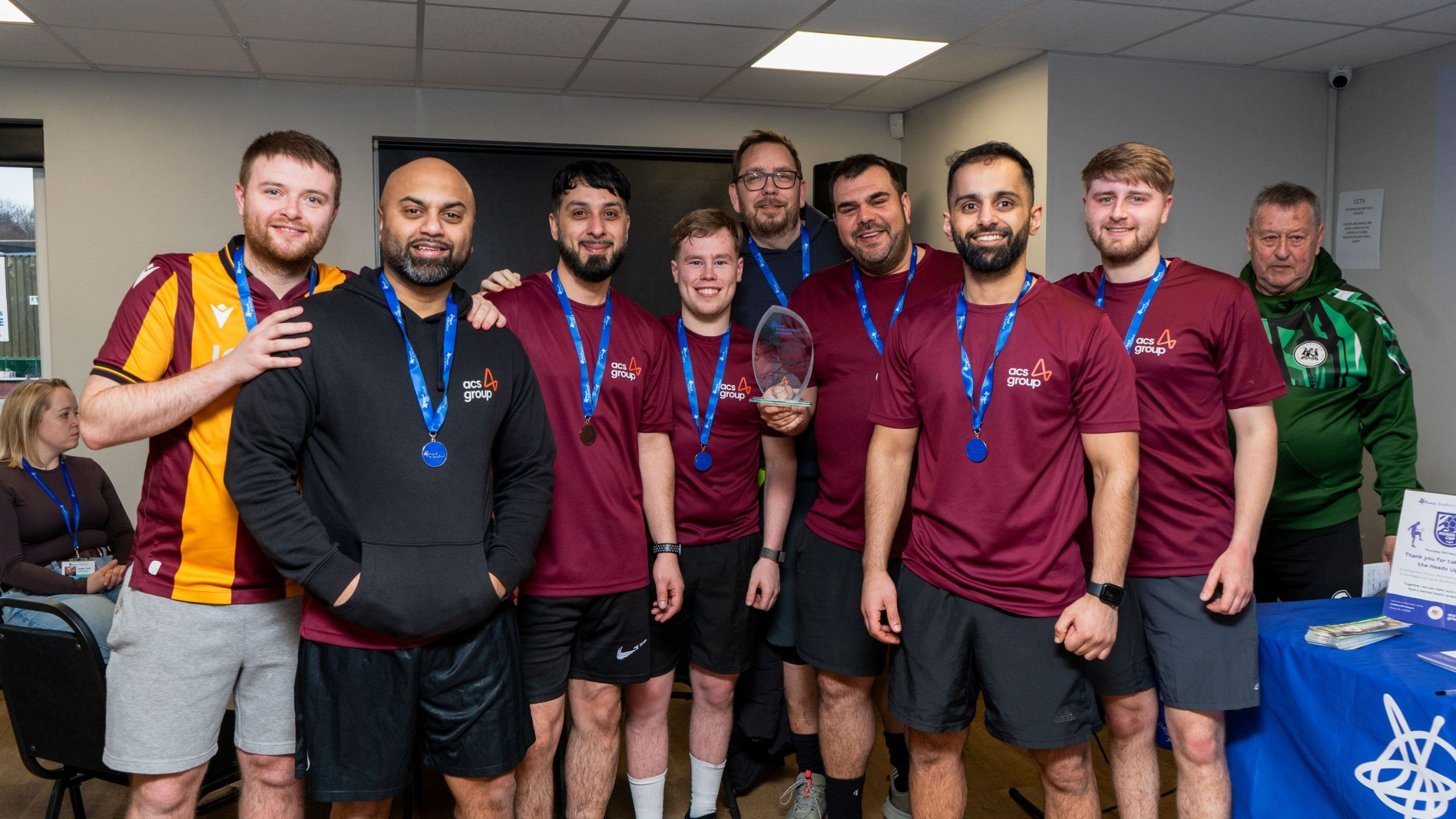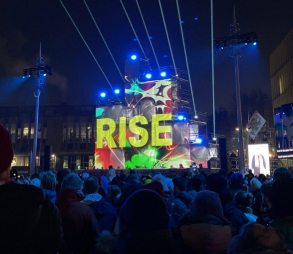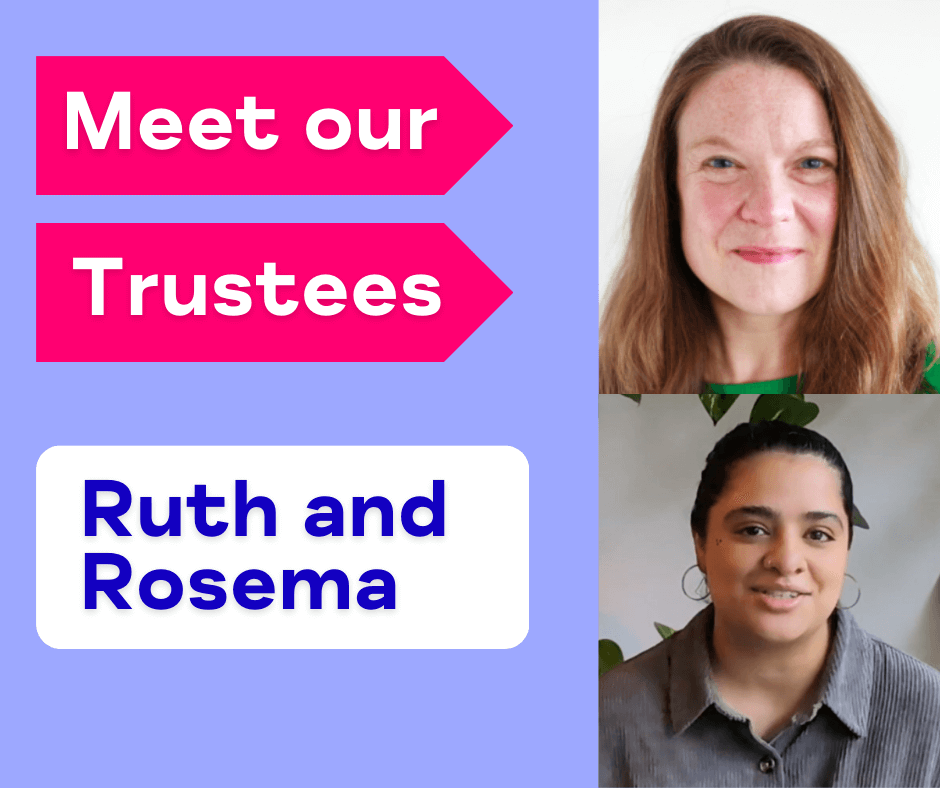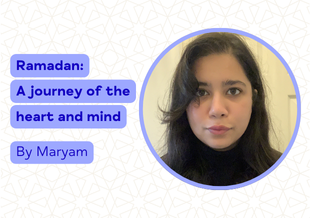Heads Up Cup scores big for mental health
Supporters of Bradford District and Craven Mind came together for an afternoon of football and […]
Today (9 August) is the International Day of the World’s Indigenous Peoples. There are between 370-476 million Indigenous People living across up to 90 countries worldwide, from the Saami people across Northern Europe, to Māori people in New Zealand. Although indigenous cultures span the globe, there are similarities in approaches to health and well-being which are now being recognised by ‘Western’ cultures as legitimate ways to improve mental health.
We are acknowledging this day at Bradford District and Craven Mind, as we are seeing huge health disparities amongst different communities in our region (and UK-wide), meaning that the mental health services currently on offer do not work for everyone.
Our Ethnically and Culturally Diverse Communities contract began earlier this year, and we are still in the early days of community engagement and research to find out what we can do differently to improve outcomes for all of our communities, however we are ripping up the rule-book and looking at lots of different approaches to mental well-being practices.
Indigenous perspectives on mental health and well-being often differ significantly from conventional treatments. They frequently involve a deep connection to nature, reverence for ancestors, and a community-centered model of care. Let’s take a look.
Across all Indigenous Peoples, family and community support is paramount to positive mental health. In Māori culture, this is called Whānau. Whānau literally translates as ‘family’, however in Māori culture family means more than those we are related to, it means those we are connected to through a common purpose or cause. This could be a church, sport group or colleagues.
A physically and mentally healthy whānau empowers the whānau to succeed and overcome issues with greater support. There is no feeling of isolation within a whānau.
Karaitiana Taiuru, My Family Hand
Social isolation not only causes mental health issues, but studies have shown that it can also cause heart disease and dementia. This shows the power that group belonging holds for overall well-being.
A common thread among Indigenous Peoples is a connection to ancestors through storytelling. This can be seen in, for example, the Navajo (Diné), Cree and Haida people of North America, the Inuit people of the Arctic regions, across to the Amazigh (Berbers) people of North Africa and beyond. Through storytelling, morals, value and history helps with a sense of identity. Studies show that storytelling boosts creativity, empathy and self-confidence and can even help those with dementia. In this blog by the British Psychological Society, it explains how researching family history can help with a sense of identity and belonging, giving us a sense of who we truly are.
A deeper, spiritual connection with nature is hugely important to Indigenous Peoples. For many, land is a source of identity, but it is also seen as a lifeforce which needs to be respected. Traditional medicine also comes from the land, so this feeling of respect is reciprocal – the land protects us, so we must protect the land.
Indigenous Peoples, such as the Inuit of the Arctic, are closely tied with the natural rhythms and cycles of the environment which prepare our bodies and make us more healthy and resilient. Studies have shown that being in sunlight (even on a dull day) boosts our serotonin, and can help with mood. Other studies suggest that being in nature can help with anxiety and depression, as well as decreasing risk of cardiovascular disease.
In recognising the International Day of the World’s Indigenous Peoples, it is crucial to honour and learn from the diverse and rich traditions of mental health and well-being that indigenous cultures offer. Their holistic approaches—rooted in strong family and community ties, deep connections to ancestors, and profound respect for nature—highlight the importance of integrating these perspectives into contemporary mental health practices.
At Bradford District and Craven Mind, we are committed to addressing the significant health disparities across Bradford and Craven District. By actively engaging with ethnically and culturally diverse communities, we aim to create completely new mental health services which are more inclusive and effective.
The wisdom of indigenous practices encourages us to look beyond conventional treatments and consider a broader spectrum of healing and well-being strategies.
As we continue to research and innovate, we are inspired by the resilience and strength of indigenous peoples. Their approaches remind us that mental health is not just an individual journey but a collective one, deeply intertwined with our environment, heritage, and community.
Need emotional support?
Guide-Line provides confidential, emotional support to people of all-ages living in Bradford District and Craven. Call Guide-Line on 08001 884 884 or chat to us online about how you’re feeling. Guide-Line is open from 8am until midnight every day.
If you are experiencing distress
Call First Response on 08009 521 181, First Response can refer you for a same-day phone or in-person appointment with a Safe Spaces crisis support worker in Bradford or Keighley.
If you are a therapist
You may want to check out the Radical Therapist Network. They provide community based learning and support spaces to unlearn and heal from colonial and white supremacist culture.
Posted on: 8th August 2024

Supporters of Bradford District and Craven Mind came together for an afternoon of football and […]

Reflections on the launch of Bradford 2025, UK City of Culture, from Ian, Trustee on […]

What’s really involved in being a trustee for a mental health charity? Find out from Ruth and Rosema.

Maryam is one of our volunteers at Bradford District and Craven Mind. She has kindly […]